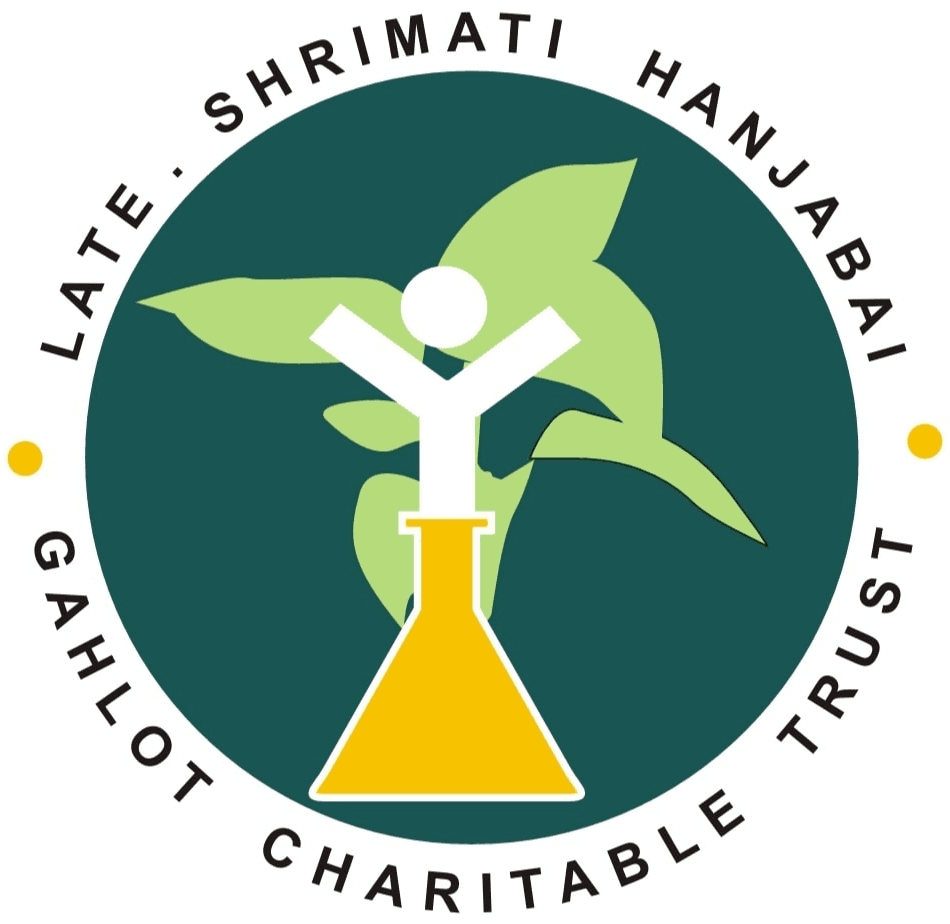PEO-PSO-PO-CO
PEO 1:
Students will be equipped with sound theoretical knowledge and tools to apply the concepts in health care system.PEO 2:
Pharmacists will be able to communicate effectively and follow the ethnics in a wider social framework.PEO 3:
Pharmacists will be exposed to updates in pharmaceutical sciences which will help them to sustain in regulatory bodies, pharmaceutical industries, hospitals, institutes or any other related field.
Programme Specific Outcome (B. PHARM.) (R-CBCS):
PSO - 1
Understand the fundamental concepts of pharmacy and apply them to analyze the problems and develop solutions using modern tools
PSO - 2
Follow professional ethics, rules and regulations for overall improvement of social and environmental health and safety
PSO - 3
Work independently, as team leader or co-worker, with communication skills and ability to continually upgrade to newer technology
Programme Specific Outcome (B. PHARM.) (CBCS):
PSO - 1
Understand the fundamental concepts of pharmacy and apply them to analyze the problems and develop solutions using modern tools
PSO - 2
Follow professional ethics, rules and regulations for overall improvement of societal and environmental health and safety
PSO - 3
Work independently, as co-worker or team leader, with communication skills, recognize and adapt to upgrading technology
Programme Specific Outcome (B. PHARM.) (CBSGS):
PSO - 1
Understand the fundamental concepts of pharmacy and apply them to analyze the problems and develop solutions using modern tools
PSO - 2
Commit to professional ethics, rules and regulations for overall improvement of societal and environmental health and safety
PSO - 3
Work independently, as co-worker or team leader, with communication skills and recognize and adapt to upgrading technology
Programme Specific Outcome (M. PHARM.):
PSO - 1
Gain and apply knowledge on quality control and quality assurance, total quality management, product development and manufacturing technology, hazards and safety measures, understand the concepts of analytical techniques, quality audits, regulatory compliance, pharmaceutical validation and get updated on the know-hows of pharmaceutical field
PSO - 2
Contribute as an individual researcher, as co-worker or team leader to fulfil the needs of the society using communication skills and latest technologies
Pharmacy Knowledge:
Possess knowledge and comprehension of the core and basic knowledge associated with the profession of pharmacy, including biomedical sciences; pharmaceutical sciences; behavioural, social, and administrative pharmacy sciences; and manufacturing practices.Planning Abilities:
Demonstrate effective planning abilities including time management, resource management, delegation skills and organizational skills. Develop and implement plans and organize work to meet deadlines.Problem analysis:
Utilize the principles of scientific enquiry, thinking analytically, clearly and critically, while solving problems and making decisions during daily practice. Find, analyze, evaluate and apply information systematically and shall make defensible decisions.Modern tool usage:
Learn, select, and apply appropriate methods and procedures, resources, and modern pharmacy-related computing tools with an understanding of the limitations.Leadership skills:
Understand and consider the human reaction to change, motivation issues, leadership and team-building when planning changes required for fulfilment of practice, professional and societal responsibilities. Assume participatory roles as responsible citizens or leadership roles when appropriate to facilitate improvement in health and well-being.Professional Identity:
Understand, analyze and communicate the value of their professional roles in society (e.g. health care professionals, promoters of health, educators, managers, employers, employees).},Pharmaceutical Ethics:
Honour personal values and apply ethical principles in professional and social contexts. Demonstrate behaviour that recognizes cultural and personal variability in values, communication and lifestyles. Use ethical frameworks; apply ethical principles while making decisions and take responsibility for the outcomes associated with the decisions.Communication:
Communicate effectively with the pharmacy community and with society at large, such as, being able to comprehend and write effective reports make effective presentations and documentation, and give and receive clear instructions},The Pharmacist and society:
Apply reasoning informed by the contextual knowledge to assess societal, health, safety and legal issues and the consequent responsibilities relevant to the professional pharmacy practice.Environment and sustainability:
Understand the impact of the professional pharmacy solutions in societal and environmental contexts, and demonstrate the knowledge of, and need for sustainable development.Life-long learning:
Recognize the need for, and have the preparation and ability to engage in independent and life-long learning in the broadest context of technological change. Self-assess and use feedback effectively from others to identify learning needs and to satisfy these needs on an ongoing basis.
